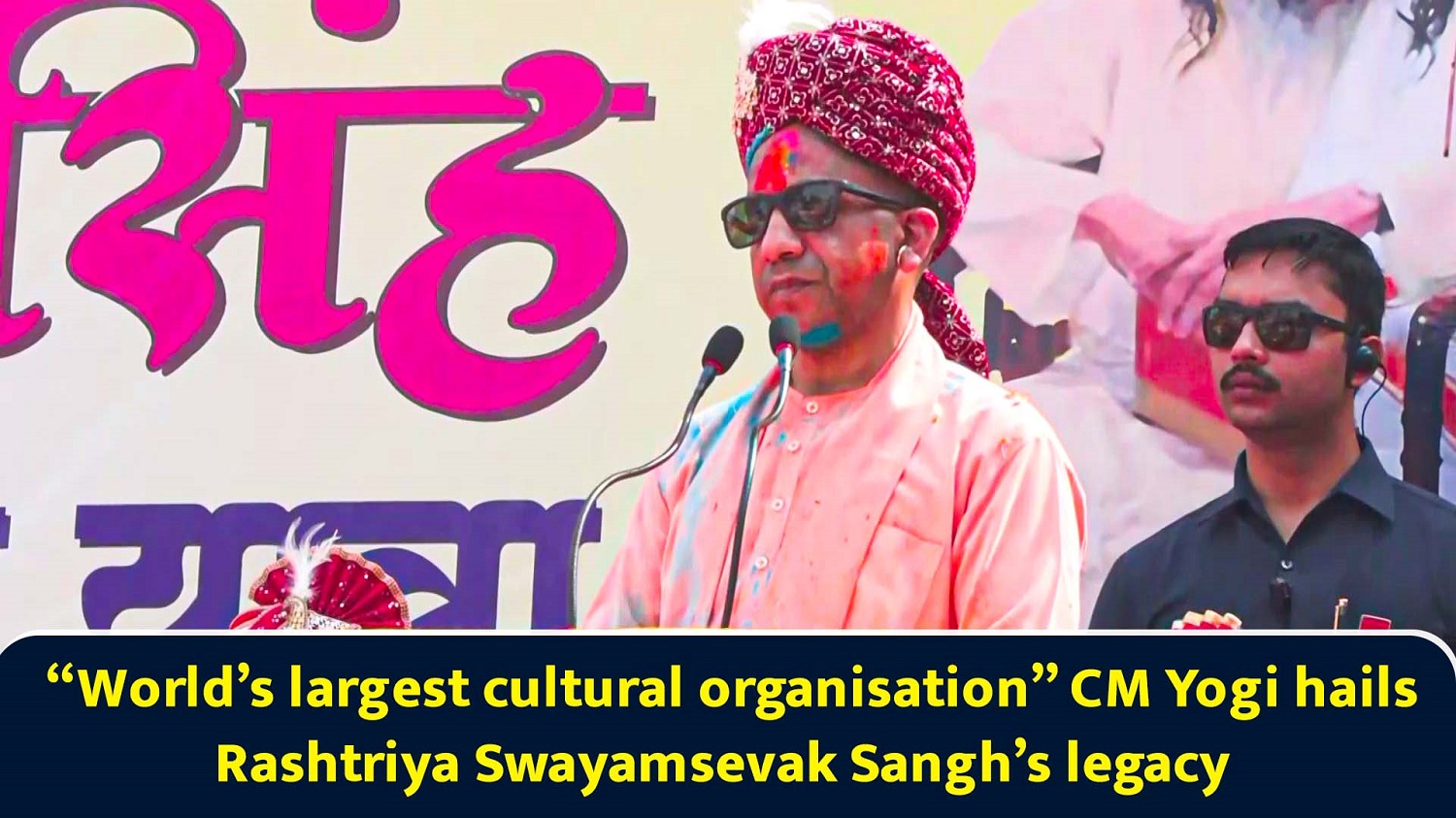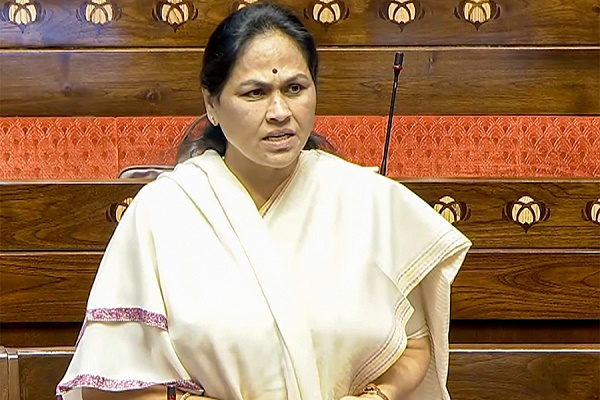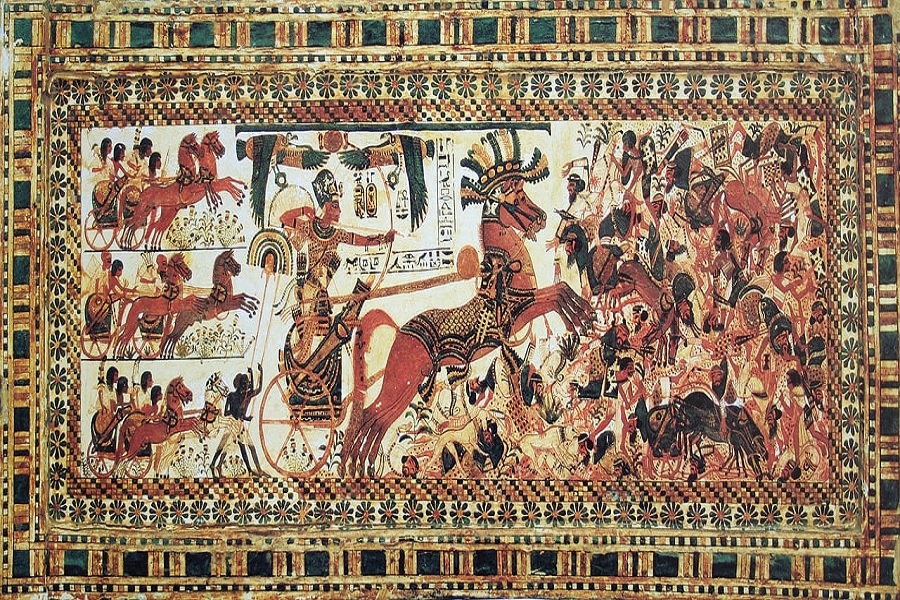Cultural Tourism on the Rise: Travelers Embrace Heritage, Tradition, and Authentic Experiences

What is Cultural Tourism?
Cultural tourism involves traveling to experience the culture, history, art, heritage, and lifestyle of a region. This includes visiting historical landmarks, participating in local rituals, sampling traditional cuisine, and engaging with indigenous communities.
Why Cultural Tourism is Booming
Authenticity Over Commercialization: Tourists are increasingly avoiding commercialized attractions in favor of genuine, offbeat experiences that showcase a destination's identity.
Post-Pandemic Mindset: COVID-19 sparked a shift in travel priorities, with people seeking slower, more intentional journeys. Cultural tourism fits this desire for depth over speed.
Heritage Revival: Governments and communities are investing in heritage preservation and tourism infrastructure, making cultural sites more accessible than ever.
Digital Influence: Documentaries, travel vlogs, and social media influencers have sparked curiosity about global cultures, from India’s Kumbh Mela to Japan’s tea ceremonies.
Key Attractions in Cultural Tourism
Historic Sites: UNESCO World Heritage Sites, ancient temples, palaces, and forts draw millions globally.
Festivals & Traditions: Holi in India, Day of the Dead in Mexico, and Flamenco performances in Spain are major cultural draws.
Crafts & Cuisine: Travelers engage in pottery-making workshops, weaving classes, and cooking sessions with local families.
Tribal & Indigenous Tours: Programs that allow respectful interaction with tribal communities are increasingly popular among cultural explorers.
India’s Cultural Tourism Boom
India, with its vast diversity, has become a cultural tourism hotspot. From the ghats of Varanasi and the deserts of Rajasthan to the backwaters of Kerala and monasteries of Ladakh, travelers are drawn to its living heritage. Initiatives like the Dekho Apna Desh campaign by the Ministry of Tourism are boosting domestic cultural exploration.
Challenges & Responsibilities
While cultural tourism fosters cross-cultural understanding and economic support for local communities, it must be sustainable and respectful. Over-tourism, cultural commodification, and lack of community involvement can harm rather than help.
Future Outlook
Cultural tourism is expected to grow significantly in the next decade, especially with younger travelers valuing experiences over possessions. With the rise of heritage homestays, cultural walking tours, and interactive museums, the future of travel is rooted in the past.
























